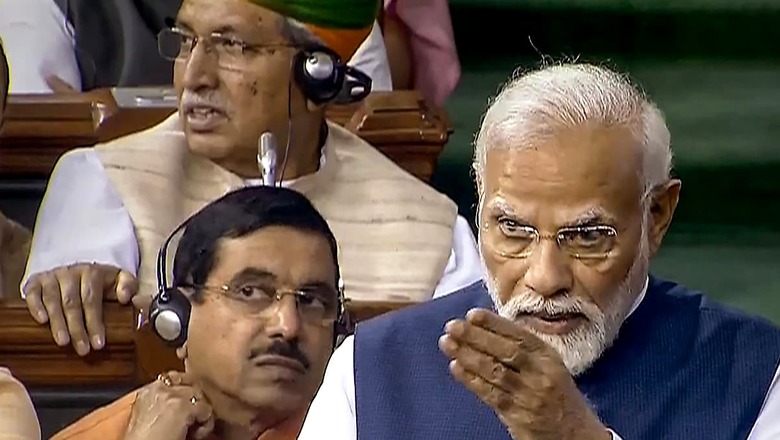
views
The wrangle between Tamil Nadu and Sri Lanka over Katchatheevu, the 285-acre island on the Palk Strait, has taken centre stage now, with Prime Minister Narendra Modi criticising the former PM Indira Gandhi for ceding the land in 1974. The then chief minister M Karunanidhi had written to the prime minister underscoring the historic allegiance of the land to the Raja of Ramnad.
“Was it (Katchatheevu) not part of Bharath Mata,” PM Modi said in Parliament while responding to the opposition’s no-confidence motion against his government.
The Prime Minister’s comments came against the backdrop of Tamil Nadu chief minister MK Stalin’s reminder to raise pending issues over the island with Sri Lankan PM Ranil Wickremesinghe during a visit in July.
Stalin in a letter to PM Modi said: “The transfer of Katchatheevu to Sri Lanka, by the Union Government, without the state government’s consent, has deprived the rights of the Tamil Nadu fishermen and adversely impacted their livelihoods.” The DMK president also reiterated the attempts by Karunanidhi including an appeal to the then Prime Minister in 2006 to retrieve Katchatheevu island.
Tamil Nadu’s periodic reminders and the Centre’s finger-pointing at the 1974 decision have been a regular feature in the state’s political landscape. While not an electoral issue, the ceding of Katchatheevu has often been leveraged as a tool to hit out at the DMK, for it happened during their rule. Another agreement, signed during the Emergency in the absence of a government in Tamil Nadu, clearly demarcated areas where fishermen on either side are disallowed to conduct their activity.
The agreement between India and Sri Lanka on the maritime boundary between both countries in the Gulf of Mannar and the Bay of Bengal was signed on March 23, 1976. It read: “The fishing vessels and fishermen of India shall not engage in fishing in the historic waters, the territorial sea and the exclusive zone of Sri Lanka nor shall the fishing vessels and fishermen of Sri Lanka engage in fishing in historic waters, the territorial sea and the exclusive economic zone of India, without the express permission of Sri Lanka or India, as the case may be…”
Tamil Nadu’s fishermen have been frequently facing conflict with Lankan authorities in their usual fishing activity around Katchatheevu. As recently as last month, nine Indian fishermen from Tamil Nadu’s Ramanathapuram district were arrested by the Lankan navy between Katchatheevu and Neduntheevu.
The frequent arrests and seizure of boats by the Lankan navy impact livelihoods among Tamil Nadu’s fishermen, which has been a slow-burning issue, fuelling discontent with the state governments. Even during the time of J Jayalalithaa, the Katchatheevu retrieval has been a political point. In June 2016, three months before her hospitalisation and subsequent death, chief minister J Jayalalithaa met with Prime Minister Modi, and one among her points of emphasis was the retrieval of Katchatheevu and a permanent solution to the problem.
Political observer N Sathiya Moorthy said: “It is a constant talking political point but never an electoral issue. If you look at the last several elections, no party has won or lost because of the Katchatheevu issue in Ramanathapuram district. It is also pertinent to note that the Prime Minister has mentioned it in Parliament. The Government of India as an institution over the past several decades has reiterated that it is a closed chapter and Katchatheevu is part of Sri Lanka. The Modi government has also reiterated this point more than once.”










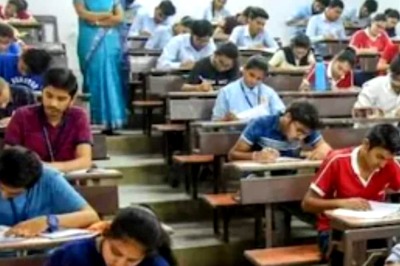

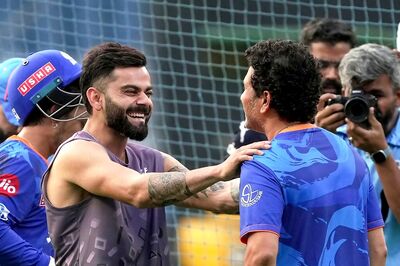
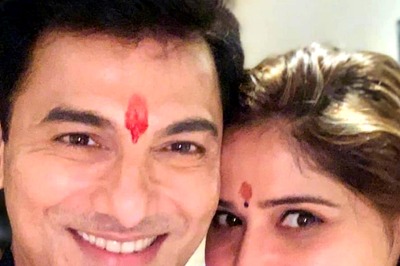
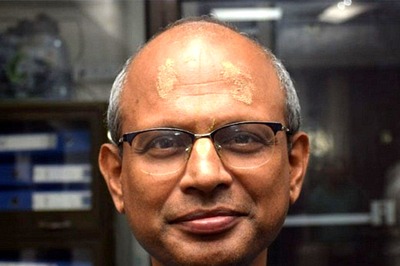
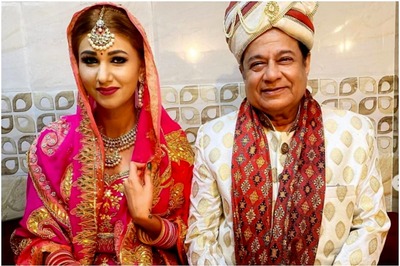

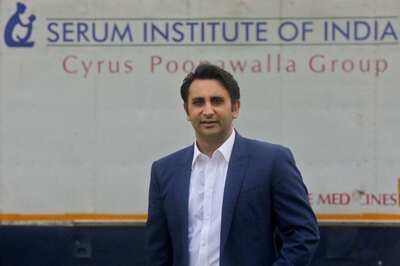
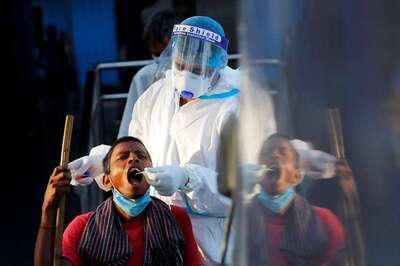

Comments
0 comment